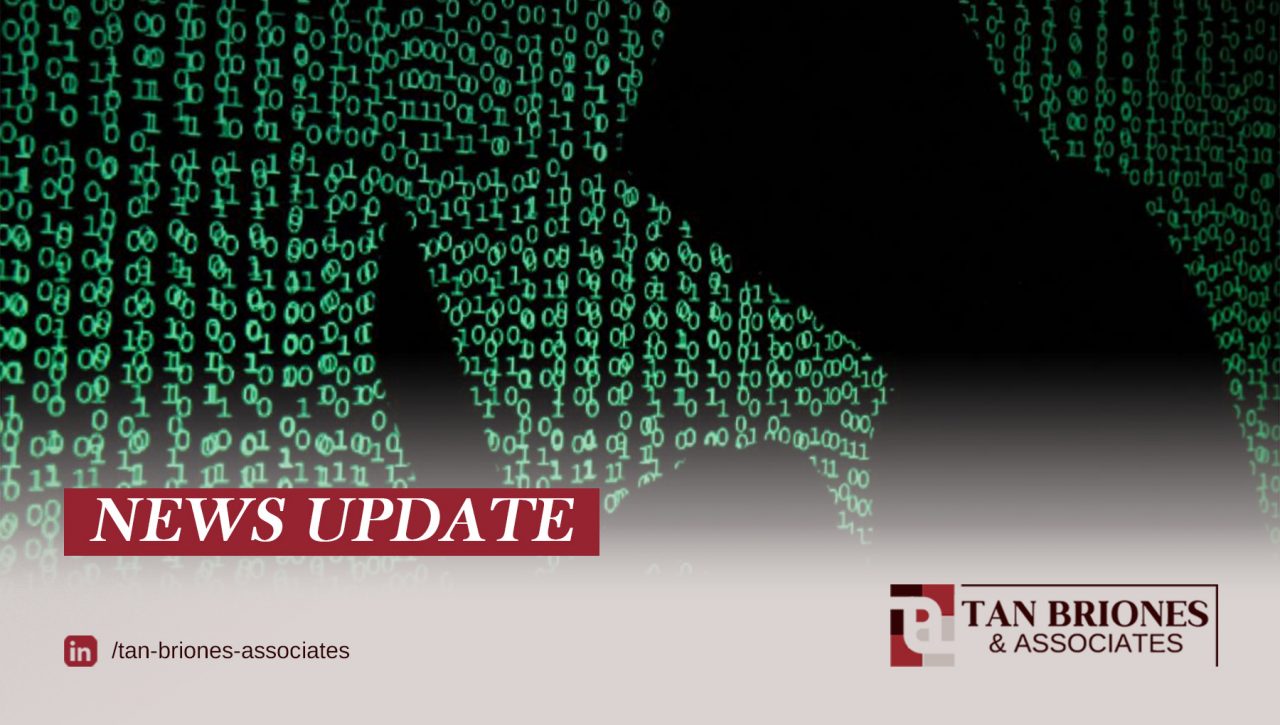
The growing misuse of artificial intelligence (AI) to fabricate images, mislead the public, promote fraudulent schemes, and other unauthorized uses of a person’s image may soon be met with criminal penalties under a proposed law.
Senate Bill No. 782 or the Physical Identity Protection Act proposes prison terms and fines for those who create, distribute, or publish AI-generated content that reproduces an individual’s physical attributes without consent.
Filed by Senate President Francis “Chiz” Escudero, the measure seeks to curb the technology’s malicious use in spreading false information, defaming individuals, or luring victims into shady investment schemes.
SB 782 prescribes a penalty of imprisonment of one to two years or a fine not exceeding ₱200,000, or both for unauthorized use of a person’s image.
Meanwhile, if done for financial gain, penalties increase to two to four years or a fine of ₱200,000 to ₱400,000, or both.
Moreover, content intended to facilitate crime or fraud carries a four to six-year prison term or a fine between ₱400,000 and ₱600,000, or both, while schemes combining financial gain with criminal intent may lead to imprisonment of up to 12 years or fines of ₱600,000 to ₱1 million, or both.
Under the bill, government officials or employees found guilty would also face absolute perpetual disqualification from public office, in addition to the maximum penalties under the bill.
Escudero warned that AI-generated content impersonating politicians, business leaders, and other public figures is increasingly used to mislead the public.
“Madalas makikita natin ang ilang mga pulitiko at pati na ang mga malalaking negosyante na tila may tinutulak na produkto o investment na hindi mo alam kung lehitimo, pero ang katotohanan ay ginagamit lang ang imahe nila sa pamamagitan ng AI na walang anumang pahintulot galing sa kanila,” he said.
The proposed law allows certain exemptions, including AI-generated content used in “good faith” for “factual reporting and documentation of matters concerning public interest by the media, journalism, academic and educational research, documentary and historical works.”
“These interventions provide the government with the wherewithal to address emerging threats, ensure accountability in the use of AI technologies, and promote creativity and innovation without compromising personal rights and liberties,” Escudero said.
Follow Tan Briones & Associates on LinkedIn for more legal updates and law-related articles.







